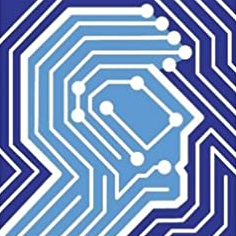Advanced Sensor Decelopment for Attention, Stress, Vigilance and Sleep/Wakefullness Monitoring
Sleep loss, excessive fatigue, stress and inattention constitute the social diseases of our century. Within the “24 hour society” people tend more and more to exchange sleep and serenity for gain or pleasure. This gradually leads to an excessive rate of sleep disorders, roughly 20% of the population suffer from one, at least mildly or temporarily, as well as to a boom of stress and anxiety related diseases. In addition, a significant percentage of severe traffic and industrial accidents seem to be caused by the involuntary human transition from wakefulness to sleep or by prolonged inattention.
SENSATION aims to explore a wide range of micro and nano sensor technologies, with the aim to achieve unobtrusive, cost-effective, real-time monitoring, detection and prediction of human physiological state in relation to wakefulness, fatigue and stress anytime, everywhere and for everybody.
Thus, the different states of human brain are analysed within Subproject 1. In Subproject 2, 17 micro sensors and 2 nano sensors are developed. They include brain monitoring, wearable, eye-related posture and motility and autonomic functions sensors; all wirelessly integrated through a body/local/wide area network. These sensors are combined into medical systems for medical diagnosis and treatment within Subproject 3. They will be also integrated in a system for operator’s hypovigilance detection and prediction, to be used in various industrial operations and environments within Subproject 4. The overall IP is coordinated by a series of cross-project activities within Subproject 5.
The SENSATION R&D approach is structured around four core areas:
- Physiological Foundations: to research and define the sleep and awake states and their boundaries, and to provide objectives for bio-measurement.
- Biosensing: development of ubiquitous and novel biosensing and supporting technologies, including connectivity and power.
- Computation: development and implementation of signal processing and computational intelligence algorithms with a focus on sleep, stress, attention and fatigue.
- Industrial and Medical Applications: The application of biosensing and Core computation to medical applications and to critical (in terms of time and accident impact) industrial processes.


